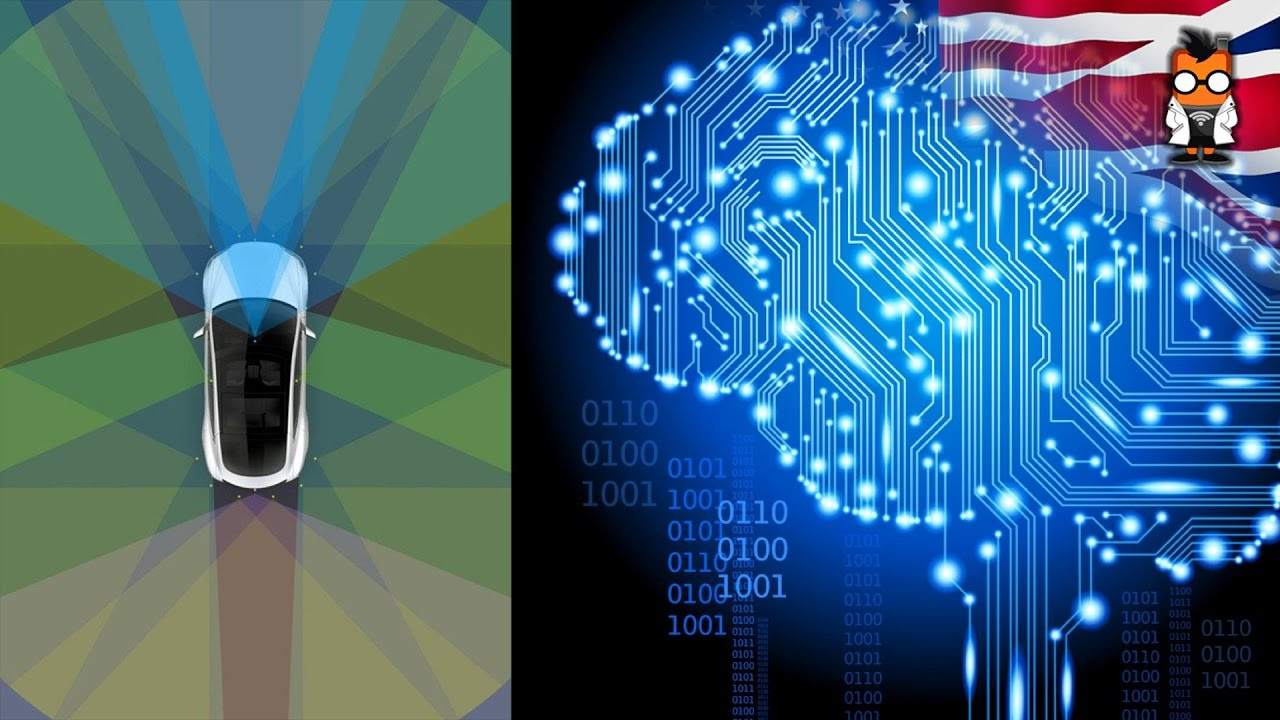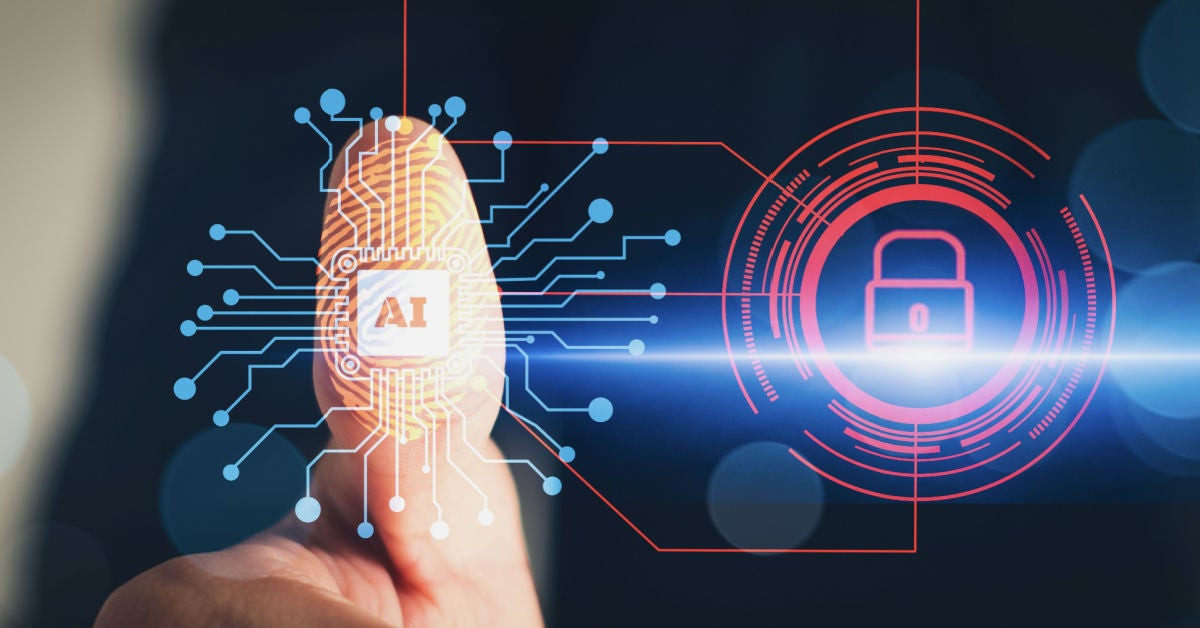A Leap Forward in Safety: Deep Learning for Critical Systems
Imagine a world where the technology that powers our cars, medical devices, and energy grids operates with an unprecedented level of safety and reliability. This vision is becoming a reality thanks to groundbreaking research in deep learning for safety-critical systems. At the forefront of this revolution is Pengyuan “Eric” Lu, a Ph.D. candidate at the Penn Research in Embedded Computing and Integrated Systems Engineering (PRECISE) Center.
The Power of Cyber-Physical Systems
Cyber-physical systems (CPS) are the backbone of our modern world, seamlessly blending “smart” technology with the physical environment. From automobiles and medical devices to building climate control and smart-grid electricity networks, CPS touches nearly every aspect of our lives. However, ensuring the safety and reliability of these systems is paramount, especially when dealing with critical applications where malfunctions could have devastating consequences.
Deep Learning Steps into the Spotlight
Lu's research focuses on enhancing the reliability and safety of CPS by leveraging the power of deep learning. He aims to address a critical challenge in modern control policies: ensuring that these systems are safe and responsive to real-time physical world changes. Lu, who joined Penn in 2019, utilizes neural network repair techniques to enforce these essential properties, bringing a new dimension of safety assurance to deep learning-enabled CPS components. This approach is crucial for building trust in these systems and enabling their broader adoption.
A New Era of Safe and Reliable Technology
Lu's work holds immense promise for the future of safety-critical applications. “I believe my research could have significant implications for the future use of deep models in safety-critical applications,” he says. “This work highlights the practicality of adapting deep models to meet formal safety and control objectives across extensive input spaces, advancing the industry’s progress toward integrating these models into critical systems such as autonomous vehicles and medical devices.”
Deep Learning for Safety-Critical Systems: Beyond the Hype
Deep learning, a powerful branch of artificial intelligence, is known for its ability to learn complex patterns from data. This makes it particularly well-suited for tasks like image recognition, natural language processing, and autonomous driving. However, the application of deep learning in safety-critical systems has been met with skepticism due to concerns about the explainability and robustness of these models.
Lu's research tackles these concerns head-on by developing techniques to make deep learning models more transparent, predictable, and safe. By incorporating formal verification methods, his approach ensures that these models can be rigorously tested and certified to meet strict safety standards. This breakthrough has the potential to bridge the gap between the promise of deep learning and its practical application in safety-critical systems.
Shaping the Future of CPS
Lu's research is a testament to the transformative potential of deep learning in enhancing the safety and reliability of critical systems. By addressing the limitations of traditional control policies and leveraging the power of neural networks, his work is paving the way for a new generation of CPS that are both safe and efficient. This is a crucial step towards a future where technology seamlessly integrates with the physical world, offering unprecedented benefits without compromising safety.
The Road Ahead
As deep learning continues to evolve and mature, its applications in safety-critical systems will only become more prevalent. Lu's research, along with the efforts of other researchers in this field, is pushing the boundaries of what is possible, ensuring that technology can be trusted to play a vital role in shaping a safer and more sustainable future.

















